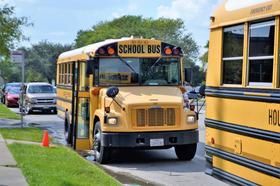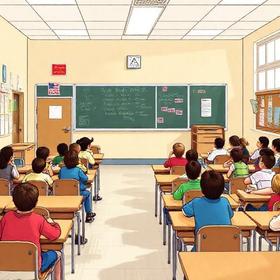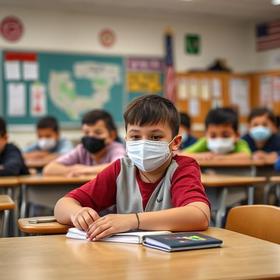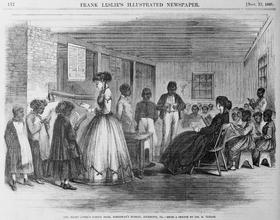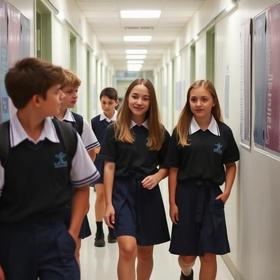For the last several decades, public school cafeterias have been exemplified by reheated chicken nuggets, French fries, hamburgers, “mystery meat,” and a bevy of unhealthy processed foods. Thankfully, some public school students are happily making the switch to fresh foods, making processed foods on campus a phenomenon of the past.
Pilot Program in Illinois Turns Children into Fans of Fruits and Vegetables
At East Elementary School in Alton, Illinois, students sample a different fruit or vegetable every day during designated snack time. The Chicago Tribune reports that thanks to a grant from the Produce for Better Health Foundation, which administers funds distributed by the U.S. Department of Agriculture, East Elementary School teachers have the opportunity to offer their students a different fruit or vegetable every day.
The program has a few basic guidelines: the food of the day is announced over the school’s public address system. The food cannot be served at breakfast or lunch. Most importantly, the produce must be fresh and in its whole state, which means it cannot come cooked in a processed “cup,” or in the form of a juice or smoothie. The grant money cannot be used to buy dips or salsas to go with the produce.
In other words, the program is quite simple: elementary school students sample different fruits or vegetables, which they may not have previously tried, in pure, unadorned states.
While the practice is simple, the goals of the program are large. According to














